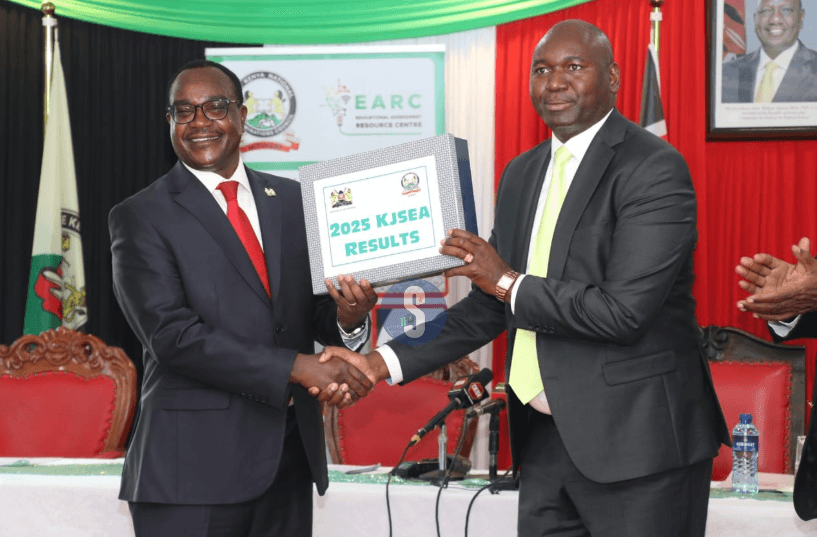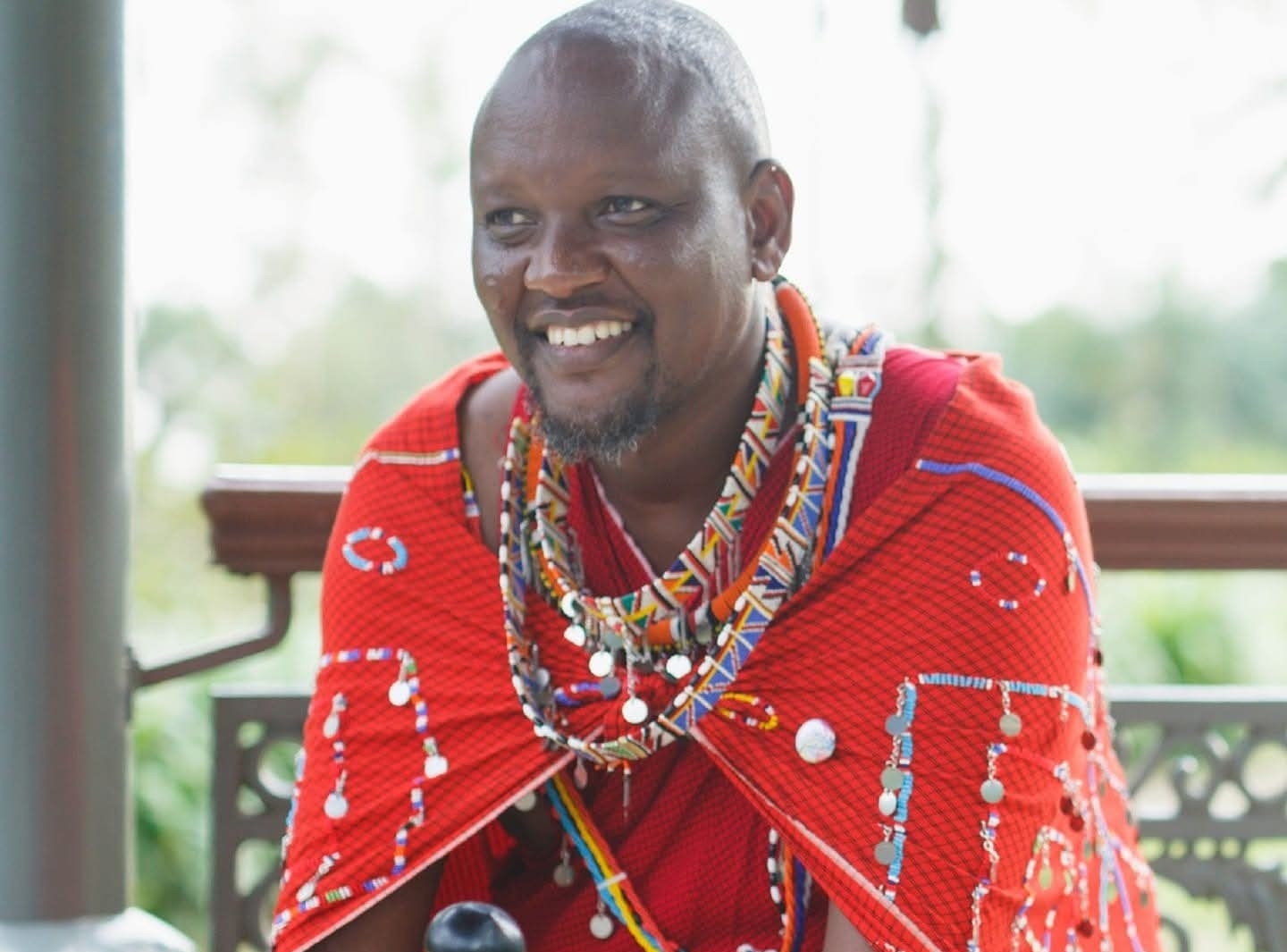Anyone who qualifies for the description of 'veteran political analyst' will tell you that there is a moment which those belonging to this group have been eagerly looking out for since the early 1990s.
This is a 'moment' that would be reflected in Kenyans at last turning away from the established precedent of ethnic-centred voting, and embracing what we see in the more mature democracies: issues-based voting patterns.
In other words, like many Kenyans, we veterans have dreamt of a 'post-tribal' political dispensation. But the realities of Kenya politics have thus far delivered to all of us nothing but frustration and disappointment.
Back in the early 1990s, with the return to multiparty politics, there were many who believed that 'the moment' was at hand. President Daniel Moi, then already in his third term as president, was so extremely unpopular that the opposition to his rule went well beyond mere tribal boundaries. Even within his bedrock of support in the Rift Valley, there were substantial numbers who wished to see him voted out of office.
But Moi won the 1992 presidential election, and then also went on to win in 1997. And in both cases, the reason for his victory was the same: leading opposition figures who had strong regional support within their ethnic communities did not manage to unite and challenge President Moi with a single opposition candidate, whose support transcended ethnicities.
Then came the 2002 general election, which certainly seemed to suggest that the opposition chiefs had at last learnt a lesson on the benefits of uniting behind one strong candidate and having other potent political leaders postponing their ambitions for the sake of the nation.
In a political scenario that has never since been repeated, both leading candidates – the opposition’s Mwai Kibaki and Moi’s chosen heir, Uhuru Kenyatta – were from Central Kenya. And so, no matter how things turned out the next president was guaranteed to be a Kikuyu.
You cannot really get more post-tribal than that.
Now although Kibaki won that election and went on to make a credible job of addressing the economic malaise that had previously engulfed the country, just five years later the dream of post-tribal politics was blown up in the 2007 post-election violence, which revealed unmistakeable tribal patterns in this tragic violence.
Thereafter, there was no pretence of post-tribal politics: with every presidential election, the five 'big tribes' (Kikuyu, Luhya, Kalenjin, Luo and Kamba) each had acknowledged tribal overlords, who bargained for 'their share of the national cake' in the form of appointments to top jobs, and prioritising of regional development projects.
And thus it has been until now, when the political tectonic plates seem to be shifting with the recent mass demonstrations in major towns, in opposition to the Finance Bill.
I should mention though that part of the reason why it is so difficult for Kenyan voting patterns to transcend the well-defined tribal lines is that most members of the various tribal communities, big or small, still live in their “ancestral homelands” and depend on agriculture for a living. So, their economic interests and tribal affiliations are very closely matched.
The politics of sugarcane farming, for example, means nothing to residents of the three Akamba counties—Kitui, Makueni and Machakos. But nothing matters more to the residents of Western Kenya and parts of Nyanza than the government subsidies which make sugarcane growing profitable.
Likewise, if Deputy President Rigathi Gachagua’s efforts at 'coffee sector reforms' should succeed, this would make him wildly popular within Central Kenya, his political backyard, and the place where the most coffee is grown.
But for much of the rest of the country, the fate of the coffee small-scale farmer is a matter of little concern.
Anyway, with what has variously been described as a 'youth uprising' or a 'youth insurrection' now having proved to have staying power, we once again ask ourselves:
Has the moment arrived at last? Is Kenya at last on the cusp of post-tribal politics?
Will the momentum for accountability and transparency that has been created continue all the way to the 2027 general election? Is this the beginning of the end for the powerful ethnic voting blocs?
And will the current events usher in the issues-based voting patterns which many have dreamed about for so long?














